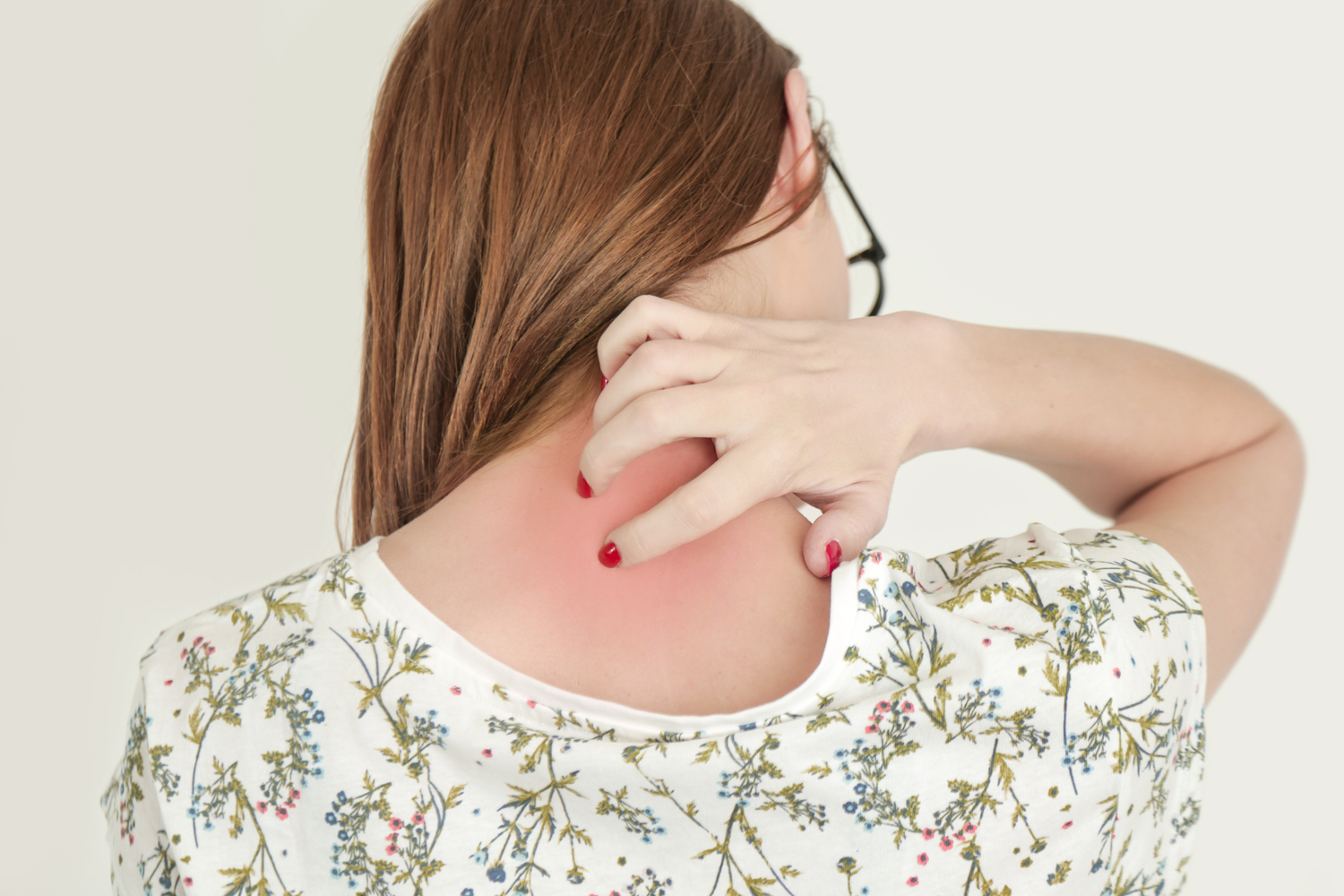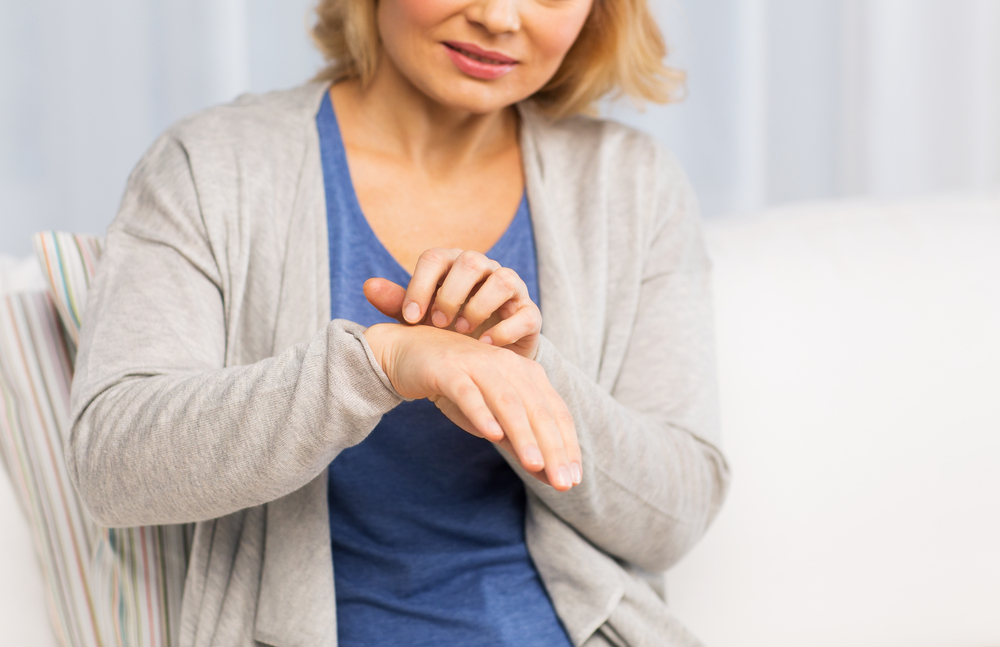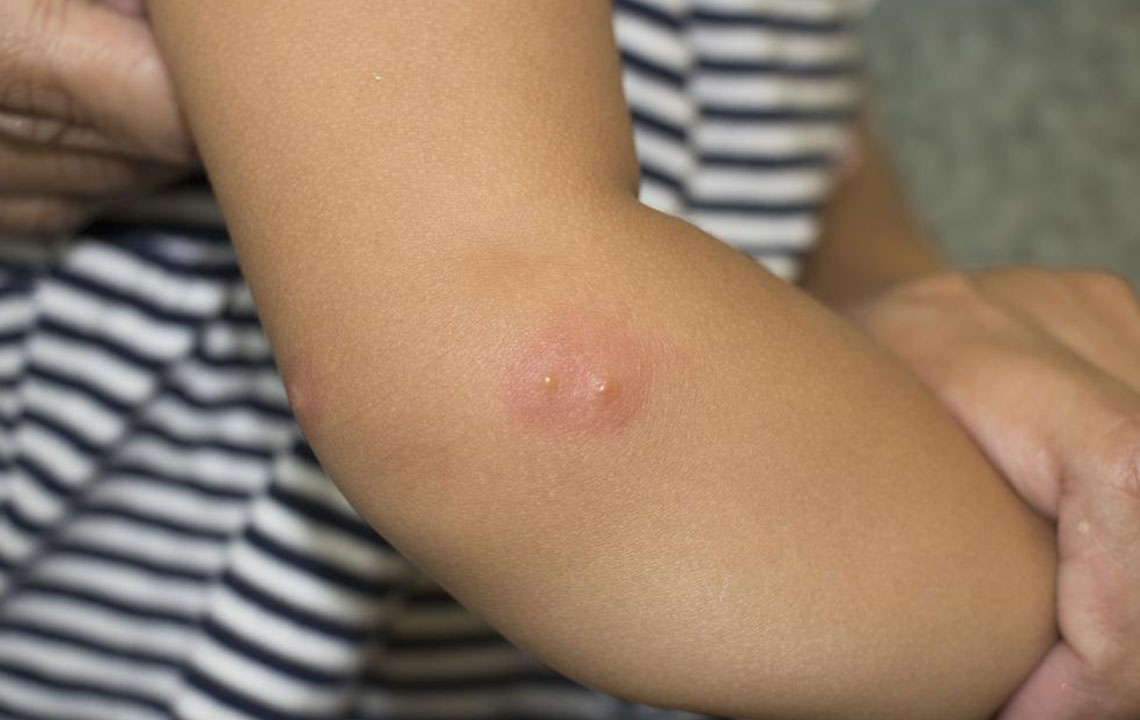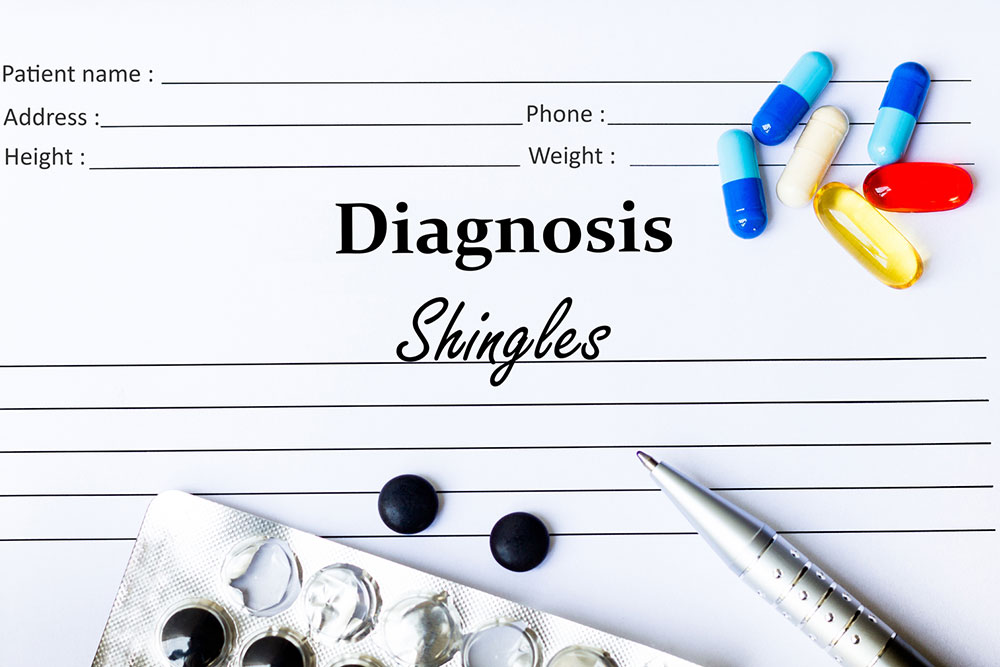Effective Strategies for Shingles Prevention and Treatment
This article covers comprehensive strategies to prevent and treat shingles, emphasizing vaccination, immune health, and natural remedies. It discusses symptoms, at-risk groups, dietary tips, medications, and precautions for effective management of the condition, helping individuals reduce pain and prevent complications effectively.
Sponsored

Preventing and Managing Shingles
Shingles is identified through physical signs like a band of red, inflamed rashes usually accompanied by intense pain. Diagnosing may involve examining the rash or testing skin or blister fluid samples in rare cases. Vaccination plays a key role in preventing severe symptoms, though immune system health and simple medications can also help manage the condition. To minimize risk, maintaining a strong immune system, ensuring children receive the chickenpox vaccine, and adults getting the shingles vaccine regardless of past chickenpox infection are recommended.
High-risk groups include pregnant women without chickenpox history, newborns with low birth weight, immunocompromised individuals, chemotherapy or transplant patients, and those with HIV. Preventative measures encompass covering rashes, avoiding contact until crusted, and frequent handwashing. Natural remedies like cool baths, compresses, and soothing pastes can provide relief, while eating immune-boosting foods such as citrus, greens, eggs, and fish supports recovery. Conversely, reducing sugar, processed carbs, and high-fat foods helps prevent flare-ups.
Antiviral medications like Acyclovir, Valtrex, and Famvir can shorten the rash duration if started early. Pain relief options include acetaminophen, naproxen, and ibuprofen. Severe cases may require topical treatments, lidocaine, antibiotics, or antidepressants. Some individuals consider homeopathic options like melatonin, oregano oil, and echinacea for additional relief. The shingles vaccine is not suitable for people with medication allergies, weakened immune systems, during pregnancy or nursing, or lacking immunity to chickenpox.






